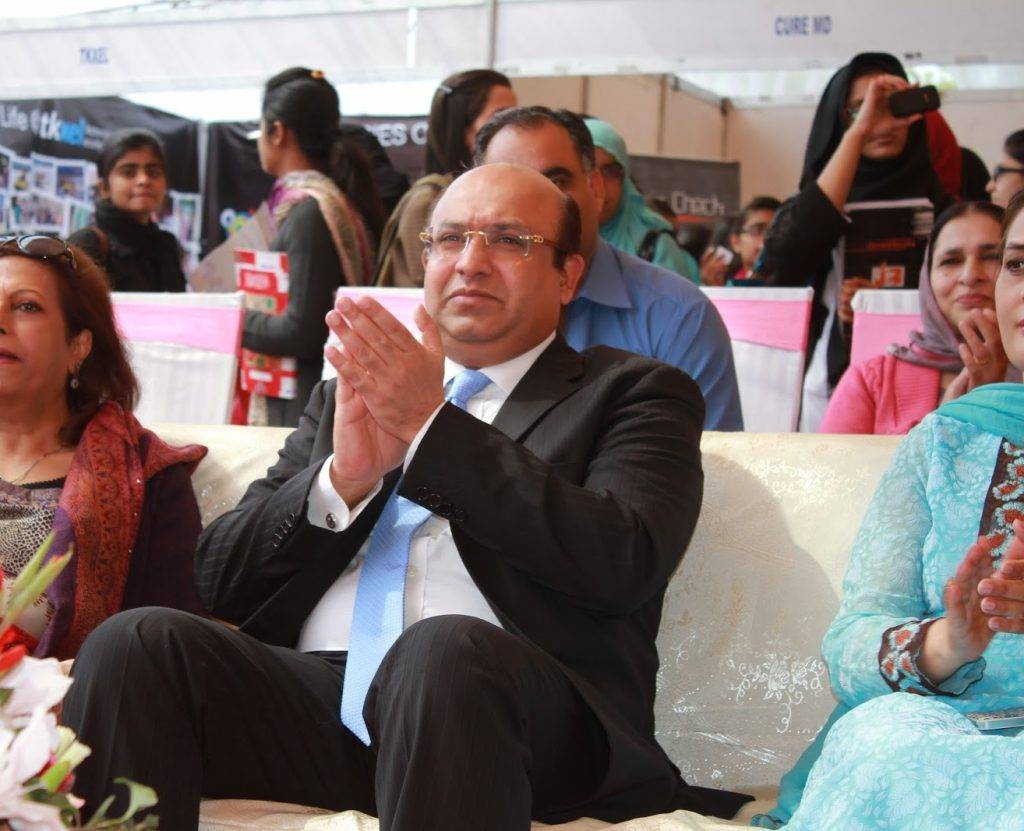Mian Mujtaba Shuja ur Rehman is a figure with a name that evokes a sense of prominence and a rich educational journey. He was born into a family that valued education and intellectual pursuits, Mian Mujtaba Shuja ur Rehman was instilled with a deep appreciation for learning from a young age. His early years were marked by a curiosity about the world and a thirst for knowledge that would shape his educational journey in the years to come.
Mian Mujtaba’s educational journey began in his hometown, where he attended a reputable primary school known for its holistic development and academic excellence. He demonstrated a natural aptitude for mathematics and science, garnering praise from teachers and peers alike for his analytical skills and problem-solving skills. As he progressed to secondary school, Mian Mujtaba continued to excel academically, delving deeper into subjects like physics, chemistry, and mathematics. His passion for understanding the underlying principles of the universe grew, fueling his desire to pursue a career in a STEM-related field.
Upon completing his secondary education, Mian Mujtaba set his journey on gaining admission to a prestigious university where he could further nurture his intellectual curiosity and expand his horizons. After tough preparations and dedication, he secured admission to one of the top engineering institutions in the country, earning a much-deserving spot in the mechanical engineering program. Throughout his university years, Mian Mujtaba immersed himself in his studies, embracing challenging coursework and engaging in hands-on research projects that allowed him to apply theoretical concepts to real-world problems.
His academic achievements did not go unnoticed, as he earned recognition for his academic performance and demonstrated leadership within the student community. Mian Mujtaba also actively participated in extracurricular activities, taking on roles in student organizations and volunteering for community service initiatives. These experiences enriched his educational journey, providing him with valuable skills in teamwork, communication, and social responsibility.
What is his political background?
Mujtaba Shuja ur Rehman’s political career is his affiliation with the Pakistan Muslim League-Nawaz (PML-N), one of the major political parties in Pakistan. The PML-N, led by the Sharif family, has been a dominant force in Punjab’s politics for decades. Mujtaba Shuja-ur-Rehman’s association with the party has been instrumental in shaping his political trajectory and influence within the province.
Throughout his political career, Mujtaba Shuja ur Rehman has held various positions within the PML-N and the government. He has served as a Member of the Provincial Assembly (MPA) in Punjab multiple times, representing his constituency with dedication and commitment. His roots support and connection with the people have been crucial in maintaining his political relevance and popularity in the region. Mujtaba Shuja ur Rehman’s tenure as a parliamentarian has been marked by his active participation in legislative affairs and his advocacy for the interests of his constituents. He has also been actively vocal on issues ranging from governance and development to social welfare and education, reflecting his commitment to addressing the needs of the people he represents.
Mujtaba Shuja ur Rehman’s political influence extends to his involvement in party affairs and decision-making processes. He has a deep understanding of Punjab’s socio-political dynamics, he also has played a significant role in shaping the party’s strategies and policies, particularly concerning the province. Mujtaba Shuja ur Rehman’s political background is characterized by his efforts to foster unity within the PML-N and the broader political landscape of Punjab.
Mian Mujtaba Shuja ur Rehman’s political background is defined by his familial legacy, affiliation with the PML-N, and his active involvement in Punjab’s political affairs. As a seasoned politician and prominent figure, he has made significant contributions to the development and progress of the province, advocating for the interests of his constituents and playing a pivotal role in shaping the political landscape of Punjab.





